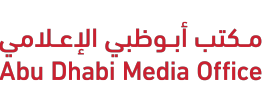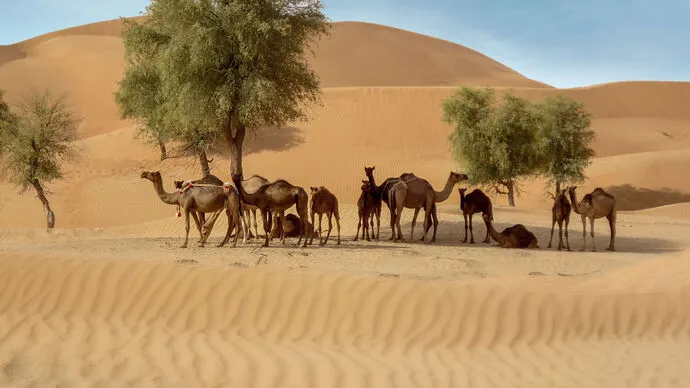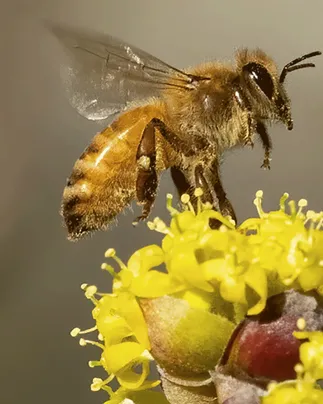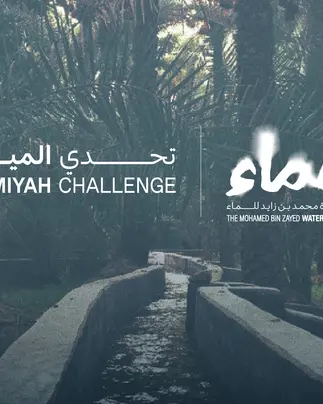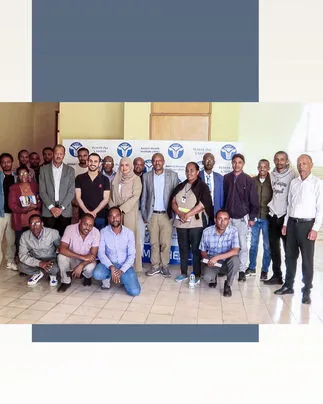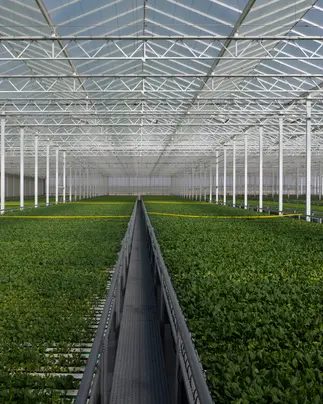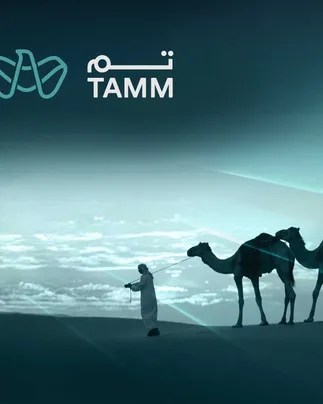Abu Dhabi Agriculture and Food Safety Authority (ADAFSA) laboratories, represented by the Collaborating Centre for Camel Diseases, accredited by the World Organisation for Animal Health (WOAH), have achieved a scientific breakthrough by successfully culturing cells from the kidney, liver and muscle tissue of embryos from a group of camels. The cells were multiplied for the first time under ideal growth conditions in ADAFSA laboratories.
This achievement opens the door to a wide range of applications including in the diagnosis of camel viral diseases, the isolation of camel viruses, the study of viral infection mechanisms, the development of improved diagnostic methods and the production of proteins and vaccines. In addition, these cells will allow further study of the basic cell biology of camel tissues, the interactions of drugs, antivirals and other chemicals with these cells, as well as pathological studies and advances in biotechnology. This achievement enhances ADAFSA's position as a scientific institution in camel research and enhances medical and veterinary sciences in the UAE.
The UAE is home to the WOAH-accredited Collaborating Centre for Camel Diseases. This centre plays a significant role in promoting animal health and biosecurity locally and globally. It contributes significantly to enabling the diagnosis of animal diseases, promoting the development of national expertise in the field of camel diseases and filling knowledge gaps by intensifying and deepening scientific research, particularly in relation to obscure pathological phenomena.
The ADAFSA reference centre is equipped with the latest technology and modern diagnostic techniques such as molecular biology techniques, gene sequencing, bioinformatics and the cultivation of dangerous bacteria. This advanced technology enables early detection and identification of obscure, epidemic or emerging pathogens, strengthening the UAE's biosecurity and food safety systems and response to emergencies and crises, increasing overall preparedness.
This achievement coincides with the International Year of Camelids, a theme launched by the United Nations in 2024, aiming to highlight the economic and cultural value of camels in over 90 countries where people suffer from extreme poverty, food insecurity, and malnutrition. Camels provide milk, meat, and fibre to local communities, serve as a means of transporting goods and people, and play a crucial role in supporting the achievement of Sustainable Development Goals related to eradicating hunger, ending poverty, empowering women and protecting terrestrial ecosystems.
ADAFSA's Collaborating Centre for Camel Diseases is a specialist centre for camel diseases, providing advanced diagnostic, research and training services in collaboration with leading international institutions in the field.
In May 2022, WOAH officially accredited the Collaborating Centre for Camel Diseases as its designated scientific arm for all matters related to camel diseases in the Middle East.
